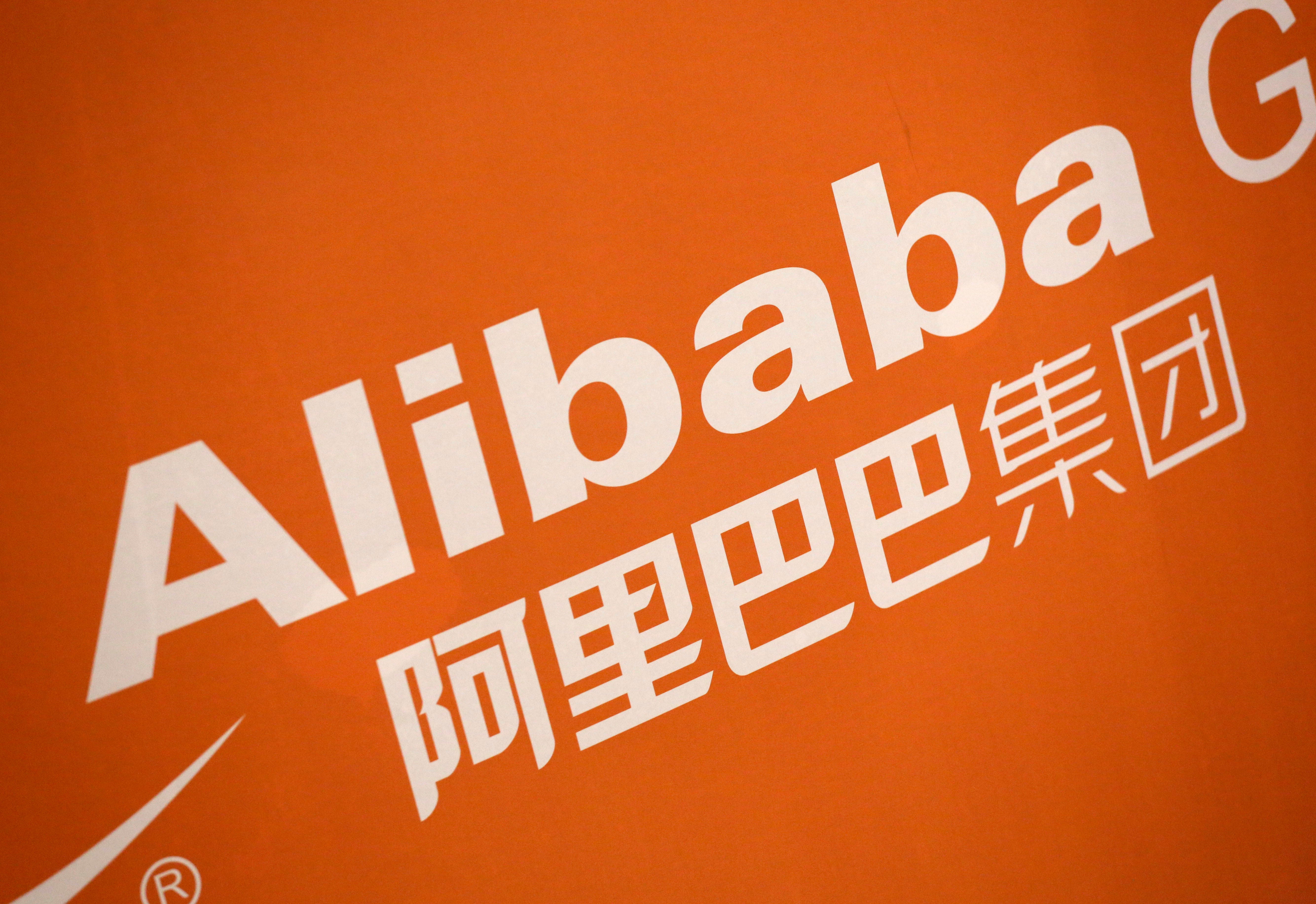Alibaba to grow Southeast Asia e-commerce arm to $100b
Alibaba this week revealed an ambitious vision to quintuple its Southeast Asian e-commerce business to $100 billion in transacted sales, as well as a pledge to reach carbon neutrality in its operations by 2030

Your support helps us to tell the story
From reproductive rights to climate change to Big Tech, The Independent is on the ground when the story is developing. Whether it's investigating the financials of Elon Musk's pro-Trump PAC or producing our latest documentary, 'The A Word', which shines a light on the American women fighting for reproductive rights, we know how important it is to parse out the facts from the messaging.
At such a critical moment in US history, we need reporters on the ground. Your donation allows us to keep sending journalists to speak to both sides of the story.
The Independent is trusted by Americans across the entire political spectrum. And unlike many other quality news outlets, we choose not to lock Americans out of our reporting and analysis with paywalls. We believe quality journalism should be available to everyone, paid for by those who can afford it.
Your support makes all the difference.Alibaba this week revealed an ambitious vision to grow its Southeast Asian e-commerce business to $100 billion in transacted sales as well as a pledge to reach carbon neutrality in its operations by 2030.
China s largest e-commerce company unveiled its vision Friday for its Southeast Asian e-commerce arm Lazada in presentation slides uploaded to its site for its annual Investor Day, where it typically shares revenue figures and future strategies of its business units with investors. Alibaba's top executive Daniel Zhang also outlined its carbon emission goals during a presentation Friday.
The plan to quintuple Lazada's total gross merchandise volume — defined as the total amount of sales transacted on its platform — came as the Chinese company looked overseas for sources of growth amid increased competition and a slowing economy in the Chinese market.
Alibaba also eventually aims to have Lazada serve 300 million consumers, according to the presentation slides.
The Hangzhou-based firm took a controlling stake in Lazada in 2016, before investing an additional $2 billion to expand the business in 2018.
Alibaba’s incoming chief financial officer Toby Xu said during a presentation on Friday that its China commerce segment has faced “near-term challenges of a slowing macro-environment and a heightened level of competition.”
“This has resulted in slower GMV and the revenue growth in the most recent quarter,” he said. “But we also see opportunities to tap into new addressable markets to grow new users that will position us well for the long term.”
Currently, Lazada’s gross merchandise volume for the last twelve months from September 2021 reached $21 billion, with 159 million monthly active users.
Alibaba CEO Daniel Zhang said in a separate presentation Friday that the company sees a “huge potential in the international markets” going forwards.
“In Southeast Asia, ecommerce penetration is only 11%, and Lazada’s annual consumers have reached only 34% of regional Internet users,” Zhang said. “There’s tremendous potential in both the overall market size and our penetration.”
Alibaba’s push to expand its Southeast Asia business comes as it faces fiercer competition in its home market, from rivals in short-video e-commerce such as Kuaishou, as well as group buying platform Pinduoduo, which has invested heavily in sales and marketing expenses to expand its user base.
The company has also faced tighter regulatory scrutiny over the past year, as Chinese authorities increased regulatory oversight in the technology industry following concerns that some Big Tech companies were engaging in anti-competitive and monopolistic behavior. Alibaba was fined a record $2.8 billion earlier this year after authorities concluded that it had violated antitrust rules.
Separately Friday, Zhang also announced that the company is aiming to achieve carbon neutrality in its own operations by 2030, while also reducing the amount of emissions across its supply chain and business ecosystem by half.
Zhang said that the company also plans to reduce emissions by using more renewables as well as “energy-saving and efficiency-improving technologies” to reduce emissions.
Alibaba would also mobilize consumers, merchants, business partners and service providers to take part in their carbon reduction efforts. Zhang named examples such as promoting the consumption of green products, green transportation options and encouraging the reuse and resale of pre-owned goods.
Alibaba’s pledge towards reducing its carbon footprint also coincides with China’s big push to achieve carbon neutrality by 2060. The country is currently the world’s biggest carbon emitter, responsible for nearly a third of global emissions.
Chinese authorities have since placed energy targets on many of the country’s state-owned firms, although most have struggled to wean themselves off coal consumption – one of the biggest contributors to China’s massive carbon emissions.